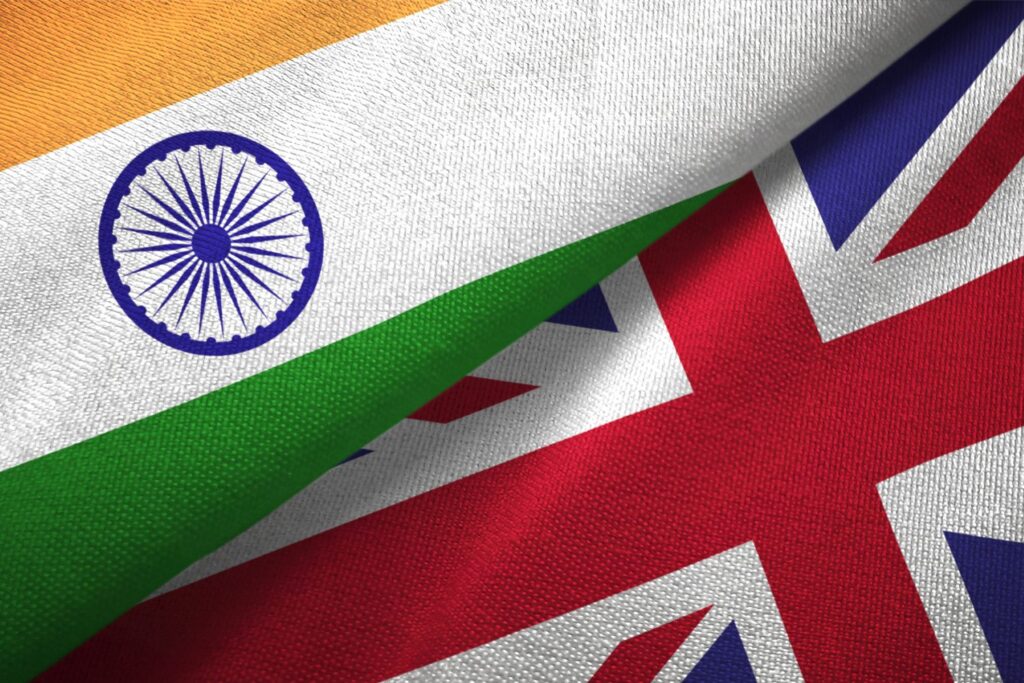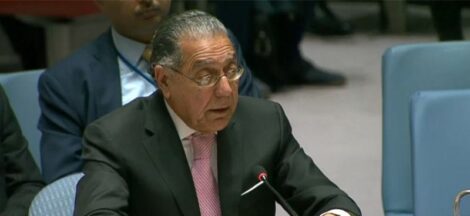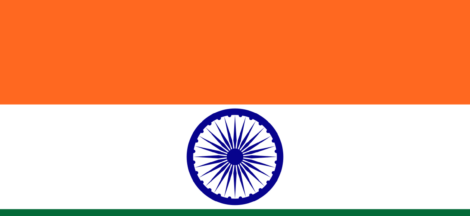Negotiations between the United Kingdom and India on a comprehensive free trade agreement have reached a significant milestone, with approximately 90% of the deal finalised. Both governments are expressing confidence that the remaining issues can be resolved within the year, paving the way for a landmark accord that could reshape bilateral economic relations.
The agreement, under discussion since January 2022, aims to reduce tariffs and enhance market access across various sectors. Key areas of focus include British exports such as Scotch whisky, automobiles, and food products, which currently face high tariffs in India. The UK is also advocating for improved access for its financial services sector and the facilitation of Indian professionals’ mobility.
One of the more contentious issues—visa provisions for Indian workers—has reportedly seen substantial progress. Indian negotiators have pushed for exemptions from UK social security contributions for Indian professionals on temporary assignments, a point that had previously stalled discussions. British officials now indicate that a compromise is within reach.
Despite these advancements, several critical matters remain unresolved. Tariffs on British whisky and cars continue to be points of negotiation, as do India’s requests for exemptions from the UK’s forthcoming carbon border tax. Additionally, discussions are ongoing regarding the inclusion of pharmaceuticals and agricultural exports in the agreement.
Parallel to the FTA talks, both nations are negotiating a bilateral investment treaty aimed at providing legal protections and facilitating investments, particularly in the financial services sector. This treaty is seen as complementary to the trade agreement and is expected to bolster investor confidence.
The economic stakes are considerable. Bilateral trade between the UK and India reached approximately USD 21.34 billion in the fiscal year 2023-24, up from USD 20.36 billion the previous year. The UK is India’s sixth-largest investor, and both governments anticipate that the FTA could significantly boost trade volumes and economic cooperation.
Political leadership in both countries is actively engaged in the negotiations. UK Prime Minister Keir Starmer has emphasised the importance of the deal in revitalising the British economy post-Brexit. Indian Prime Minister Narendra Modi views the agreement as a strategic move to strengthen India’s global trade partnerships.




 Court Orders Arrest of Sheikh Hasina and Daughter in Land Fraud Case
Court Orders Arrest of Sheikh Hasina and Daughter in Land Fraud Case 